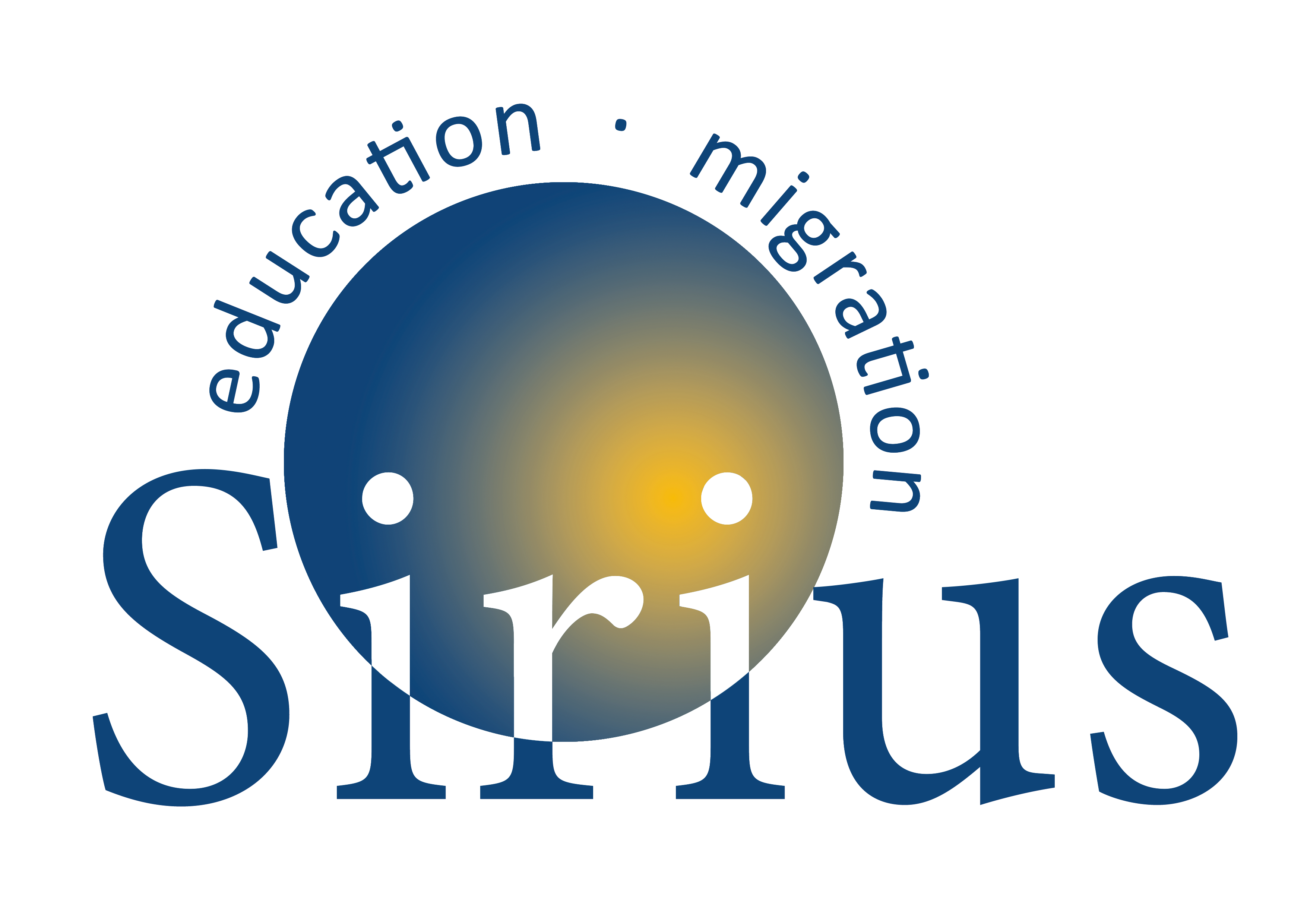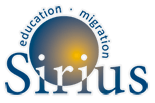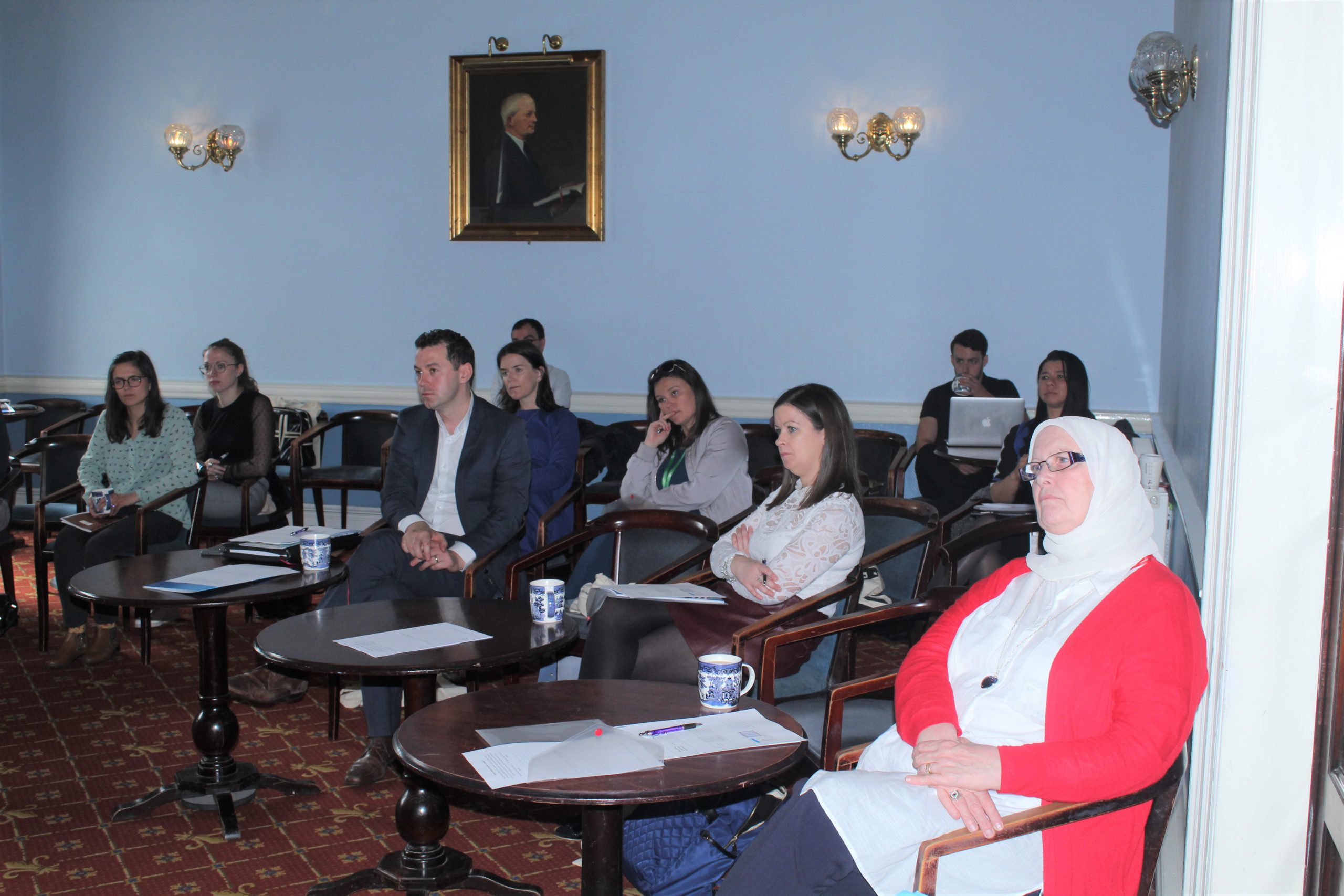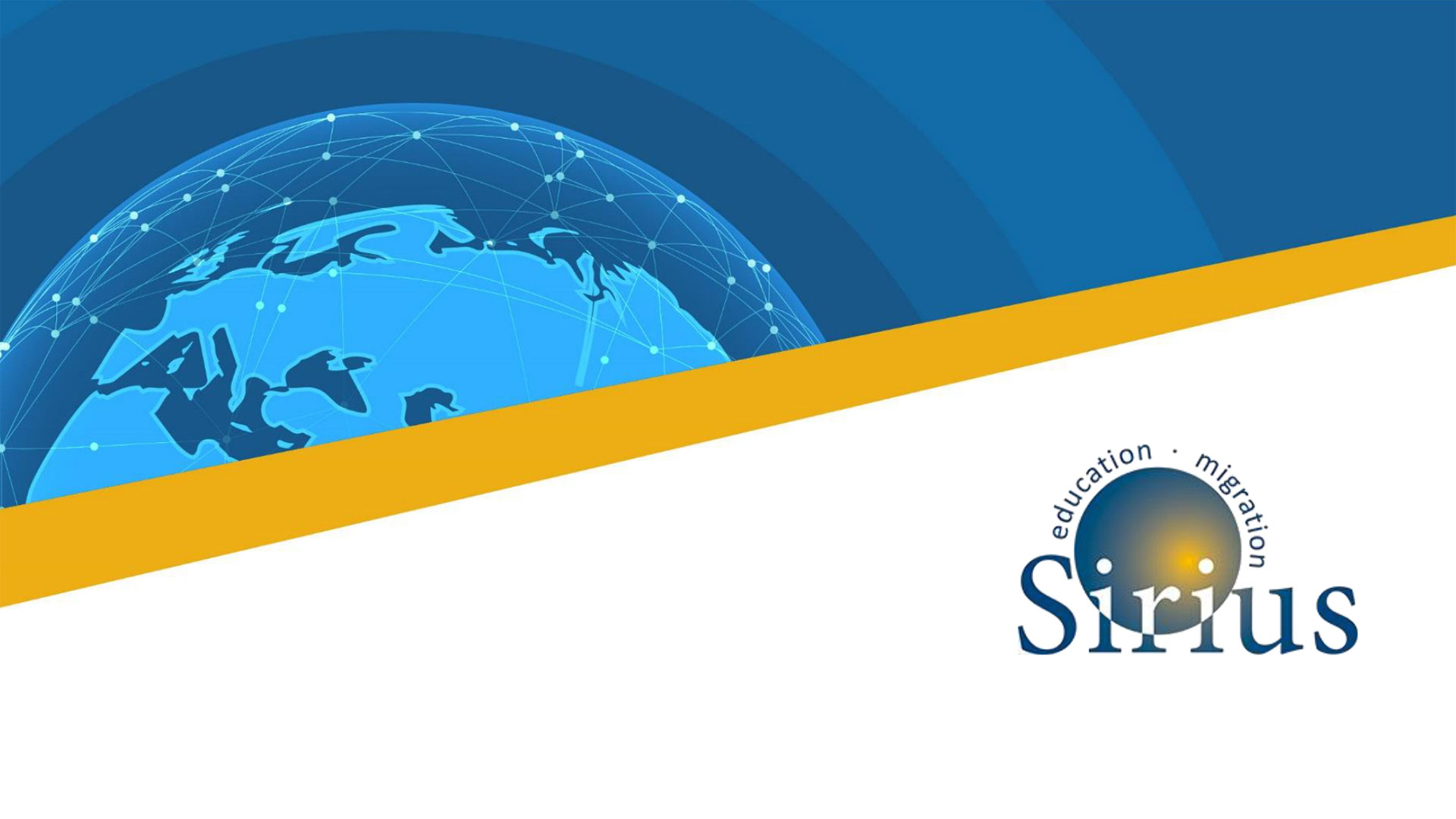At the first NRT in 2018 main challenges of implementing the national strategy of migrant children inclusion into education system in Slovenia were identified. At the second NRT in 2019 the focus on the central theme was maintained: the premises of multilingualism in an inclusive learning environment, and three main topics were addressed. They underlie the problem of inclusion of migrant children to school and represent the main issues in the Slovenian context regarding national reform priorities and changes:
- Multilingualism in the pedagogical process: How to successfully implement the translanguaging and plurilingual approaches into education practice, which emphasize the right to individual’s use of all his/her linguistic resources in the process of learning.
- The gap between the mastering of language of schooling/language of the majority and academic achievements of migrant children and young people: How to enable inclusive and equitable education environments regardless of their cultural and language background, socio-economic status and the ‘temporary staying’ status.






